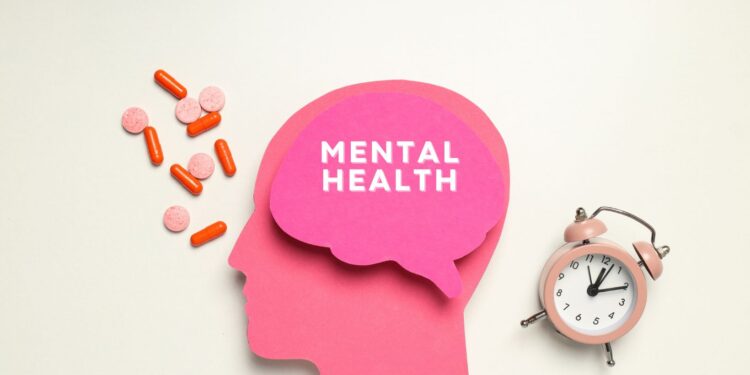People at work always chase deadlines and juggle more responsibilities than they can handle. They’re expected to be at their best capacity at work and at home, making daily life more chaotic.
All of the stress can make it easy to disregard the importance of mental health, and it comes with a huge cost. Burnout, fatigue, and mental health challenges can take a toll on employees and organizations.
This guide will teach you why taking a step back from your usual day to care for yourself can bring back your energy and work-life balance.
Why Take a Mental Health Day
When you take mental health days, you’re giving yourself the chance to recover from stressful situations and emotional burdens. Working with Adam Carrozza, a workplace mental health advocate, can also help you set policies for these days that all employees can benefit from.
Here’s why you should take them:
- Prevent Burnout
Today’s fast-paced world demands that you work to the bone. Constant exhaustion can burn you out, leading to poor mental health, detachment, and fatigue. Taking a step back from your usual responsibilities with a mental health day can recharge your mind and body as you do something unrelated to work.
- Enhance Productivity
Being well-rested and mentally refreshed can help you make better decisions, perform more than expected, and stay focused on your tasks.
- Support Emotional Resilience
Taking time off isn’t just self-care—you’re building coping skills you’ll need to live your daily life. You can easily bounce back when life throws you a curveball.
- Improve Overall Health
Stress also affects physical health, which could lead to poor heart health and a weak immune system. Taking a mental health day allows you to rest and restore your body’s function, even for a day.
Why Companies Should Care About Mental Health Days
Supporting every employee’s mental well-being can benefit the business. In a 2023 Deloitte survey, 64% of managers considered resigning for positions that prioritized well-being.
Promoting a culture where workers are encouraged to take days off to recharge can give these benefits to the business:
- Lower turnover rates: Employees will more likely work for the company for a longer period if it supports their mental health.
- Better job satisfaction: When employees feel that their mental issues are acknowledged, they’re more likely to perform better in their jobs.
- Stronger workplace culture: Normalizing mental health days off can foster a healthier, more open, and more connected environment that reduces stigma for those struggling with mental issues. Sustaining this change can make mental health initiatives an attractive part of the business.

How to Support Employees’ Mental Health
Mental health policies are an essential practice to support employees at the most difficult times of their lives. Here’s how you can help:
- Offer mental health days as a policy: Include these days in the paid time off options or even as standalone benefits.
- Develop programs: As part of the company culture, provide access to a clinical psychologist, counseling sessions, and crisis support. Preventive programs like stress management workshops can also help employees manage stress and be more productive.
- Normalize conversations: Hold mental health workshops, talk about mental well-being, and train leaders to open conversations about mental health discreetly.
- Celebrate mental health days: Hold celebrations for mental health to make employees feel you’re prioritizing their mental well-being.
Your support for mental health could go a long way, more than what it can do for your business, especially when improving your mental health by having a professional with graduate counseling studies guide the process.
Ways to Spend a Mental Health Day
A mental health day has a simple goal: recharge in any way you can. No, you don’t have to run errands or check your emails. You only need to do some self-care and emotional regulation.
Try these activities to make your mental health day off worthwhile:
- Get more sleep: If you’ve been sleeping for less than six hours for weeks or months now, a mental health day is the perfect chance to catch up on all the sleep you lost. Fix your focus and energy by sleeping beyond 10 hours.
- Practice self-reflection: Gain perspective on your current situation by meditation or journaling. When you think deeply about things or express your emotions, you ease the burden on your mind.
- Get moving: Lift weights, run, or go for a brisk walk while playing music on earphones to boost your mood and keep your heart healthy.
- Be with others: Spending time with your family and friends can make you less lonely and improve your overall well-being.
- Seek professional support: Reach out to a certified mental health professional about your struggles to reduce stress and sort out your mental health issues.
Final Words
Investing in mental health is both a compassionate and strategic move. Workers become more productive, loyal, and creative when you support their mental well-being. This means less turnover, a more engaged workforce, and fewer sick days for everyone.
Rest isn’t laziness. It’s about recharging your body so you can be more productive at work. You only need a few days to slow down and breathe.












